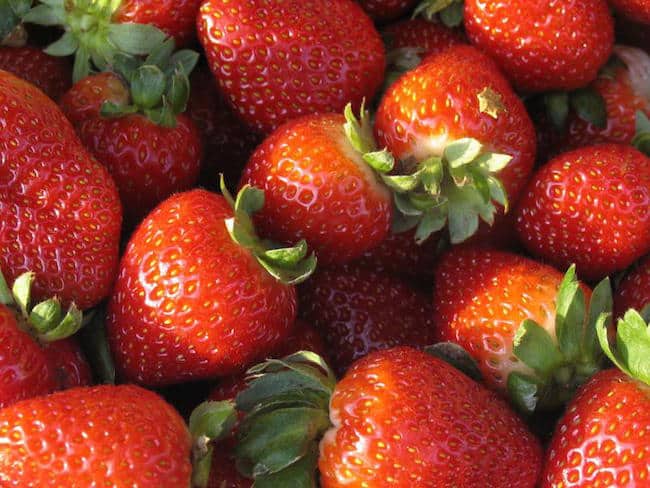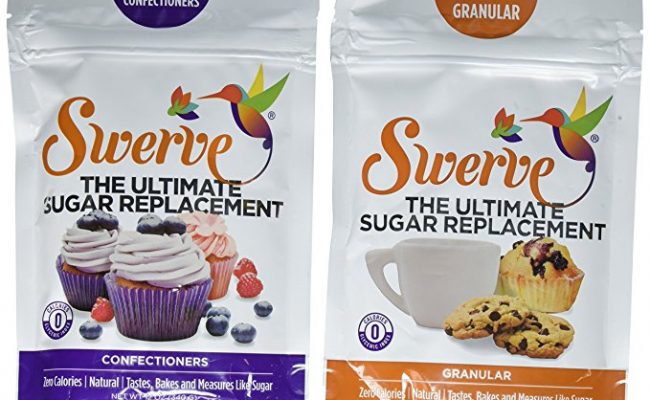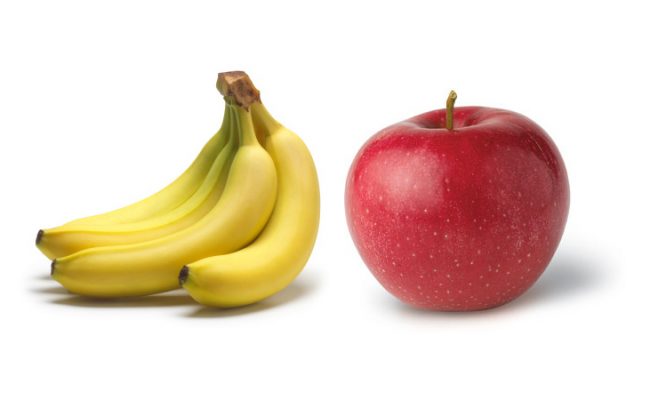
With more and more research suggesting that sugar is a key factor to the increasing incidence of overweight and obesity, it is no wonder that there is some question surrounding the intake of fruit. Although it has always been seen as a healthy option, fruit does contain a fair proportion of sugar. So is the sugar in fruit unhealthy or is an apple a day still good nutrition advice?
What are the nutritional benefits of fruit?
Despite containing sugar, fruit is an incredibly important source of vitamins, minerals and fibre in the diet. Not only does it provide all this valuable nutrition, but it does so without adding too many calories to the diet as most fruits tend to consist of high levels of water.
What type of sugar is in fruit?
The main sugar is in fruit is fructose, which has received a lot of bad press recently due to its presence in high fructose corn syrup, a substance which has infiltrated the food chain in the U.S. and is thought to have considerable effects on health. Apart from in fruit, fructose is also one of the sugar structures that make up sucrose, which is more commonly known as table sugar.
However, the amount of fructose found naturally in fruit, vegetables and substances such as honey is very small when compared to the amounts that are seen in commercially produced soft drinks and foods. The quantity of fructose in fruit varies, with apples, watermelon, grapes and mangoes amongst those with the highest levels. Fruit also contains varying amount of glucose in smaller quantities.
Is Fructose unhealthy?
Although there is evidence to suggest that an excessive intake of sucrose, and therefore fructose as it is one of the components of this sugar, is harmful to the health, there is no good evidence to support the theory of fructose acting to ‘poison’ the body, as has been claimed a lot recently in the press.
There has been some suggestion that the effect on the brain and hormone response when consuming fructose is different when compared to that of glucose, resulting in reduced satiety and possibly the tendency to eat more. However, there have also been some positive results with one study suggesting that fructose was helpful for those with diabetes in controlling blood sugar levels. However, more evidence needs to be accumulated to get a clearer picture of exactly what is happening in the body.
Most Americans consume too much sugar, which is likely to increase risk of overweight and obesity, type 2 diabetes and other lifestyle diseases. However, there is no clear evidence that fructose is playing more of a part in this than glucose or other sugars; except for the fact that fructose is used in such high amounts in the food supply and therefore likely to be a contributing factor.
In terms of the fructose found in fruit, it should be remembered that the quantities are small when compared with that added to commercial foods and drinks. It was when high fructose corn syrup made its appearance in the food chain that links started to be made with lifestyle diseases, even though fruit and vegetables have been eaten for years by humans with no apparent health risks. Although fruit does supply some fructose in the diet, the small amount and the presence of dietary fibre in the fruit means it has a completely different metabolic effect on the body than that added to foods or drinks with no fibre and there is no evidence to suggest this is doing your body any harm whatsoever.
Fructose mal-absorption
For a small group of people, excessive fructose intake can be associated with irritable bowel syndrome symptoms such as gas and diarrhoea. Fructose differs from other sugars in that cannot be absorbed directly from the small intestine into the blood stream, but requires the assistance of glucose to do this as human beings do not have the correct transport mechanism for the molecule alone.
In a lot of cases, glucose is present in the same food source and facilitates this uptake, however, if a food has more fructose than glucose, not all the fructose will be absorbed and will pass to the large intestine and act as food for bacteria. For some people this can result in uncomfortable symptoms and they may benefit from avoiding high fructose foods or eating too many fructose containing foods in one go.
Should fruit intake be limited?
Unless you are one of the above mentioned people for whom high fructose consumption brings on undesirable symptoms, there is no need to limit fruit in order to control fructose intake. The nutritional benefits of including a wide range of fruit in the diet far outweighs any possible risk of excessive fructose intake from this source.
Having said that, fruit does provide calories and it is still wise to keep intake to a sensible level if you are watching your weight. Two pieces of fruit per day is a reasonable amount and will provide a good amount of nutrients as well. Beware of smoothies and juices which may contain many pieces of fruit as these tend to be higher in calories and also give a higher fructose load.
Also read: How to make a healthy smoothie at home and Is fruit juice good for you?
Although the effects of fructose on the body in terms of weight and development of disease are still a little unclear, it is prudent to try to limit your overall intake of added sugars where possible. By cooking from fresh ingredients where possible, avoiding sugary beverages and foods and including a wide range of whole grain products, excessive fructose consumption due to added sources can easily be avoided.
References used in this article











Maria Whitman says
Very informative article. I love dried fruits, especially dates which are high in fiber but also high in calories. I’ve cut out all processed sugars as my family is prone to diabetes. I get the odd craving, but feel great since cutting it out.
Vimal says
Thanks for this article, informative.